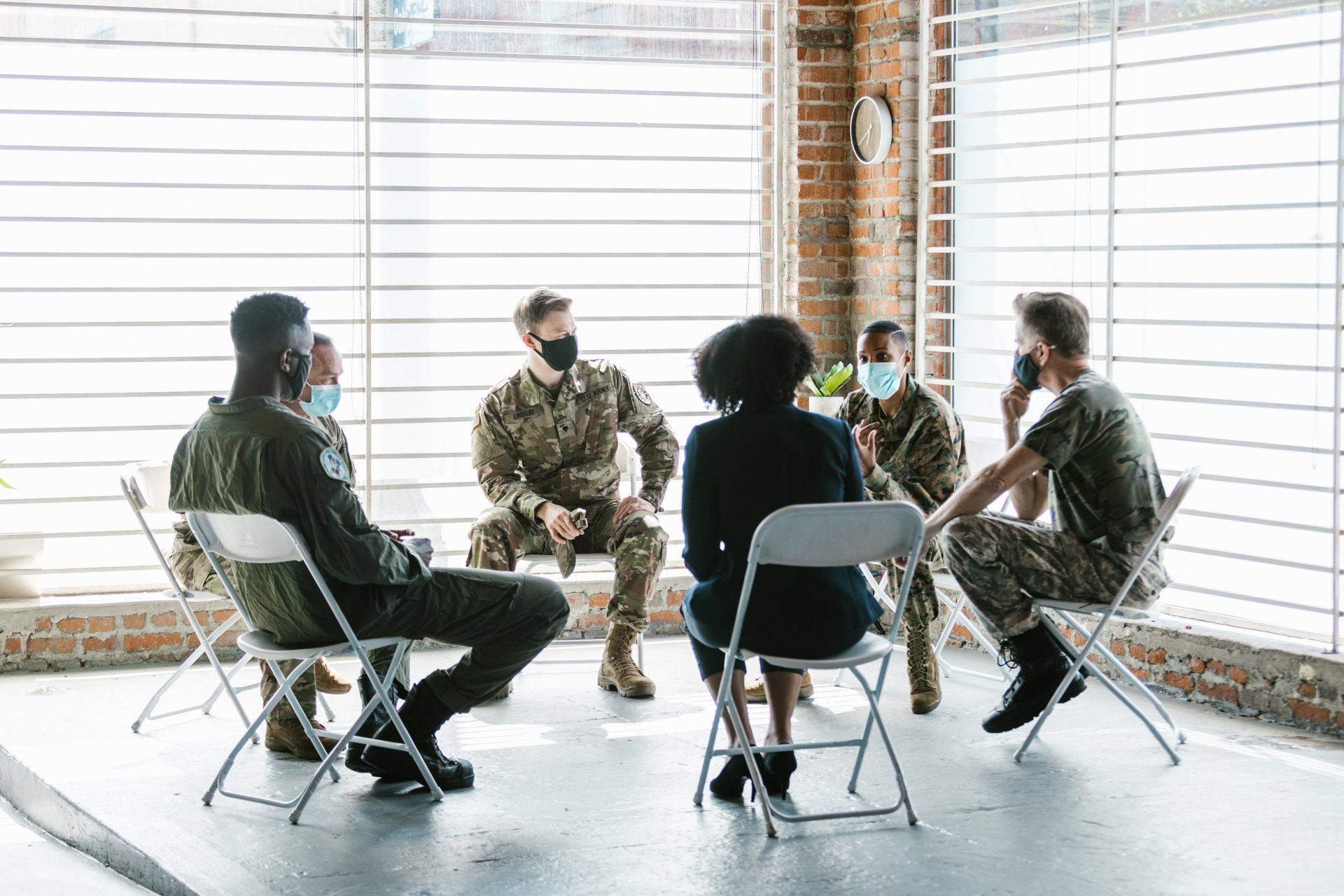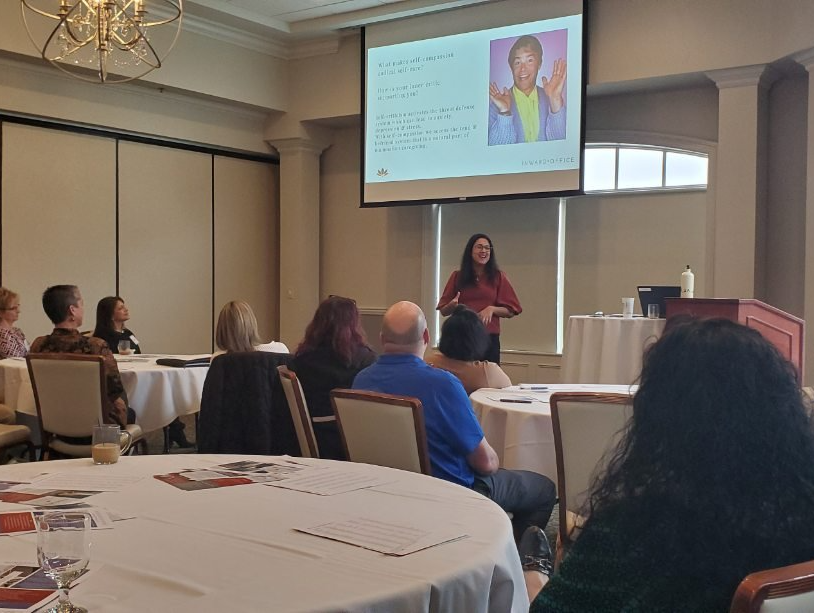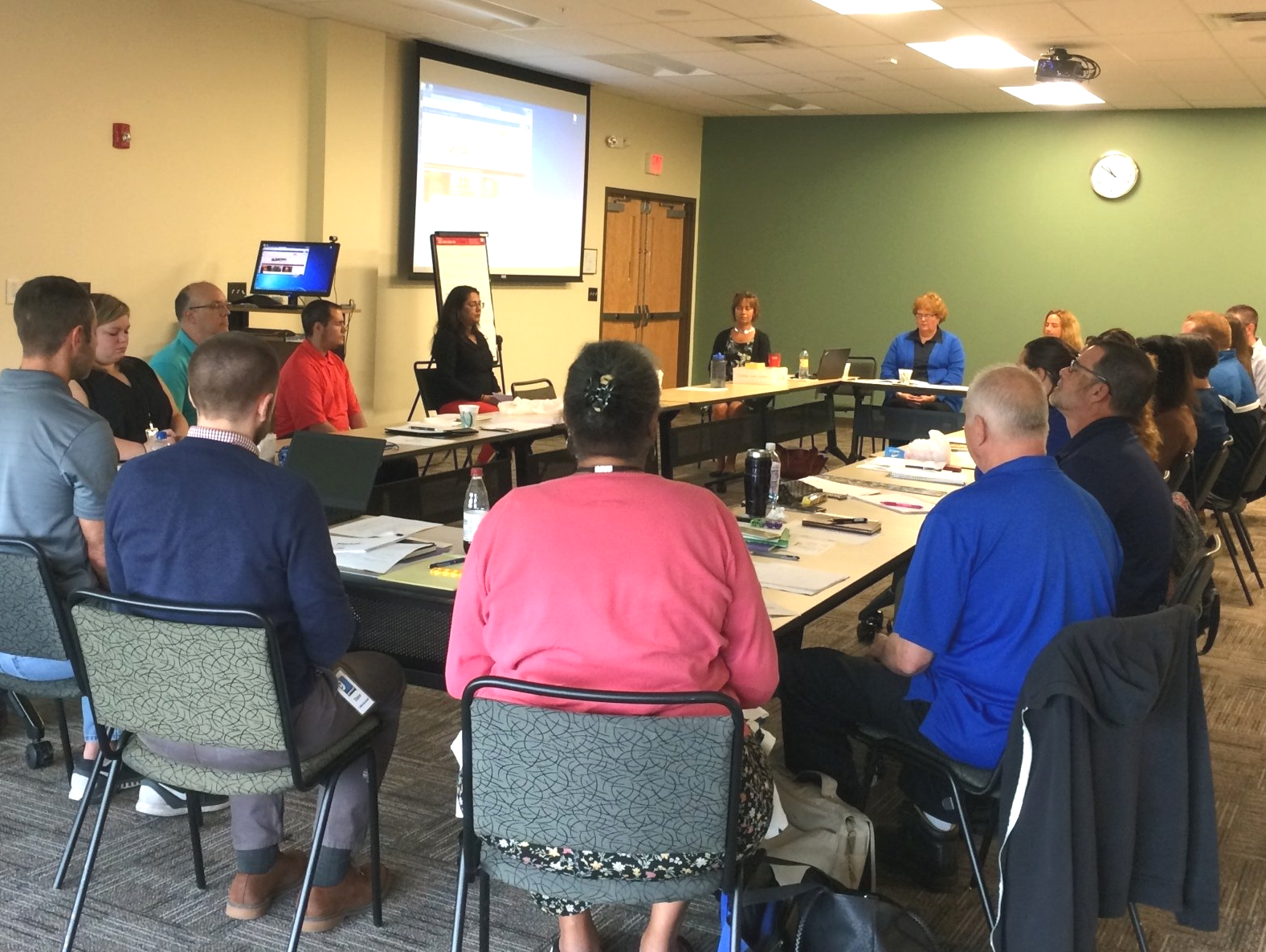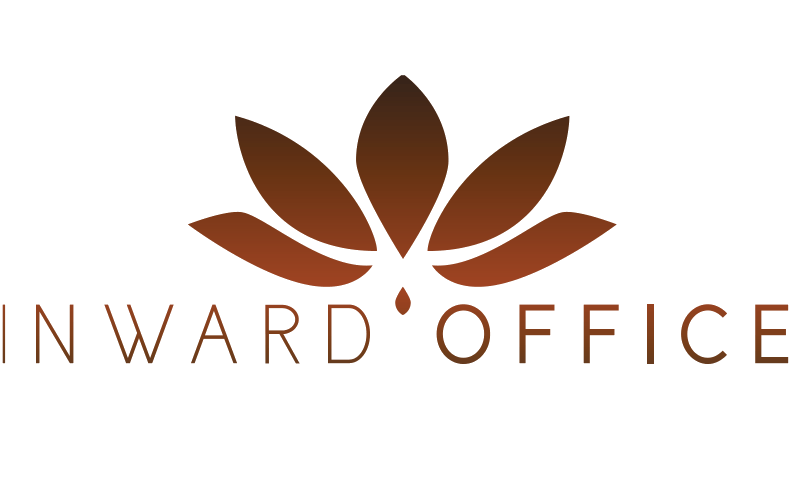GLAD Technique
Establish a daily practice of noticing what we are grateful for, what we learned, accomplished, and delighted in. This short practice encourages us to create a sense of optimism and positivity in our lives. Worksheet provided. Can be combined with Mindfulness introductory workshops.
Mindful Self-Compassion
How can we show ourselves more kindness in the face of difficult daily realities and a harsh inner critic? Compassion is a practice that can be learned. It begins with self-compassion. Learn mindful awareness techniques to befriend ourselves and make this journey a little easier. Self-compassion can strengthen your coping tools for the psychological stress we all experience. Class will include gentle movement, meditation and reflection to bring us into a deeper state of awareness.
Mindfulness & Self-Kindness for Resilience
What’s the secret to getting back up after falling down? When we are self-critical we are activating the threat defense system, becoming our own worst enemy. Alternatively, we can train the brain to acknowledge our own hardship, success and humanness. Learn techniques you can use personally and even at work.
Mindfulness for Stress Resilience
Stress is a feedback loop. That means we can have a stressful experience and continue to re-experience the stress throughout the day and the week unless we learn how to recover. It’s our relationship to the stressful events & the stress itself that matter. We need to return to baseline at regular intervals. But how? We teach a physiological approach using the body and the breath that you can use during your workday.
Mindfulness Tools to Turn Down a Busy Mind / Mindfulness for Worriers
How to use mindfulness practices to deal with intrusive or circular thoughts, worry, and over-thinking. In many cases this critical voice can be very loud. We can learn to witness the “busy mind” and make choices that are more aligned with our wellbeing and values.
Befriending Stress for Resilience
We may believe stress is bad, but we don’t have to believe that. When we have a few tools, we can shift our perspective to “stress is useful in small doses.” Let’s learn about our stress response and consider ways to interrupt the cycle for resilience.




















